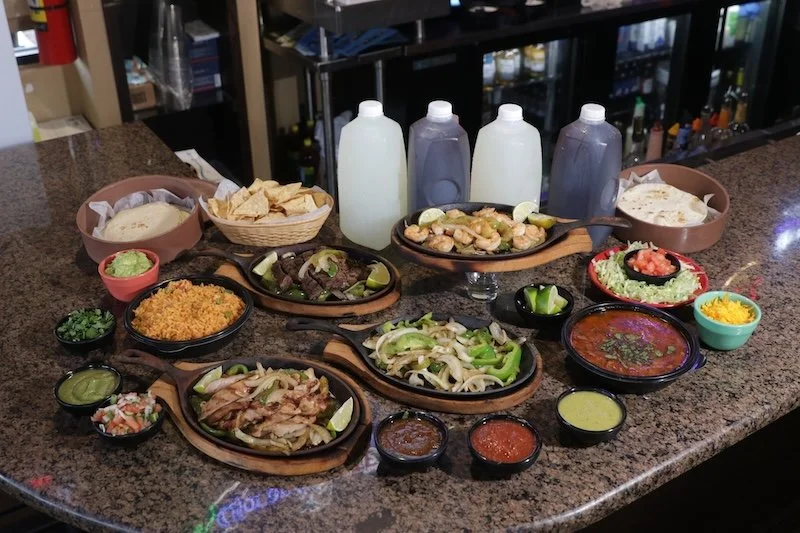HelloFresh claims big milestone as it lays out 2025 goals for CO2 emissions and food waste reductions
UK-based recipe box company, HelloFresh, says it it committing to science-based emissions reductions targets within its 2022 non-financial report.
Adam Park, UK CEO at HelloFresh, comments: “We recognise the important contribution we can and must make in driving sustainable progress on environmental and social issues.”
“Setting ourselves science-based targets means we are committed to doing our part for the environment to limit global warming to 1.5 degrees or less, which marks a big milestone for HelloFresh.”
The Science Based Targets initiative (SBTi) is a global body that aims to enable businesses to set ambitious emission reductions targets in line with the latest climate science. HelloFresh will develop and validate its targets within the two-year time frame allocated to this process.
The share of green energy consumed in HelloFresh’s distribution centres and offices in 2022 increased to 53%, from 50% in 2021 and 35% in 2020.
In the UK, it recently announced the trial launch of its own delivery fleet. This will reduce environmental impact by using its own refrigerated vehicles and reducing the need for insulating packaging.
The fleet will also reduce van miles by removing its current third-party delivery partners, allowing meal kits to go straight from distribution centres to customer doorsteps.
Meanwhile, HelloFresh’s newest distribution centre, The Orchard, features a sustainable water cooling system and the installation of EV charging points for employees.
Reducing food waste continues to be an integral part of HelloFresh's sustainability targets/ambition. In 2022, more than 12,040 tonnes of unsold edible food was donated to charities.
HelloFresh UK is working with organisations such as the Felix Project to ensure communities in the surrounding areas of its distribution centres receive surplus food supply.
Targets set for 2025
HelloFresh has decided to establish separate environmental goals for these verticals:
Meal kit business:
1. Reduce the emissions from the Group’s meal kit production facilities by 66% per euro of revenue from a 2019 baseline by the end of 2025.
2. Reduce food waste from the Group’s meal kit production facilities by 52% per euro of revenue from a 2019 baseline by the end of 2025.
Other businesses, represented by ready to eat vertical:
1. Reduce the emissions from HelloFresh’s other businesses' production facilities by 30% per euro of revenue from a 2021 baseline by the end of 2025.
2. Reduce food waste from its other businesses' production facilities by 56% per euro of revenue from a 2021 baseline by the end of 2025.
The aforementioned non-financial report and the data included was audited by KPMG.















Continue reading…